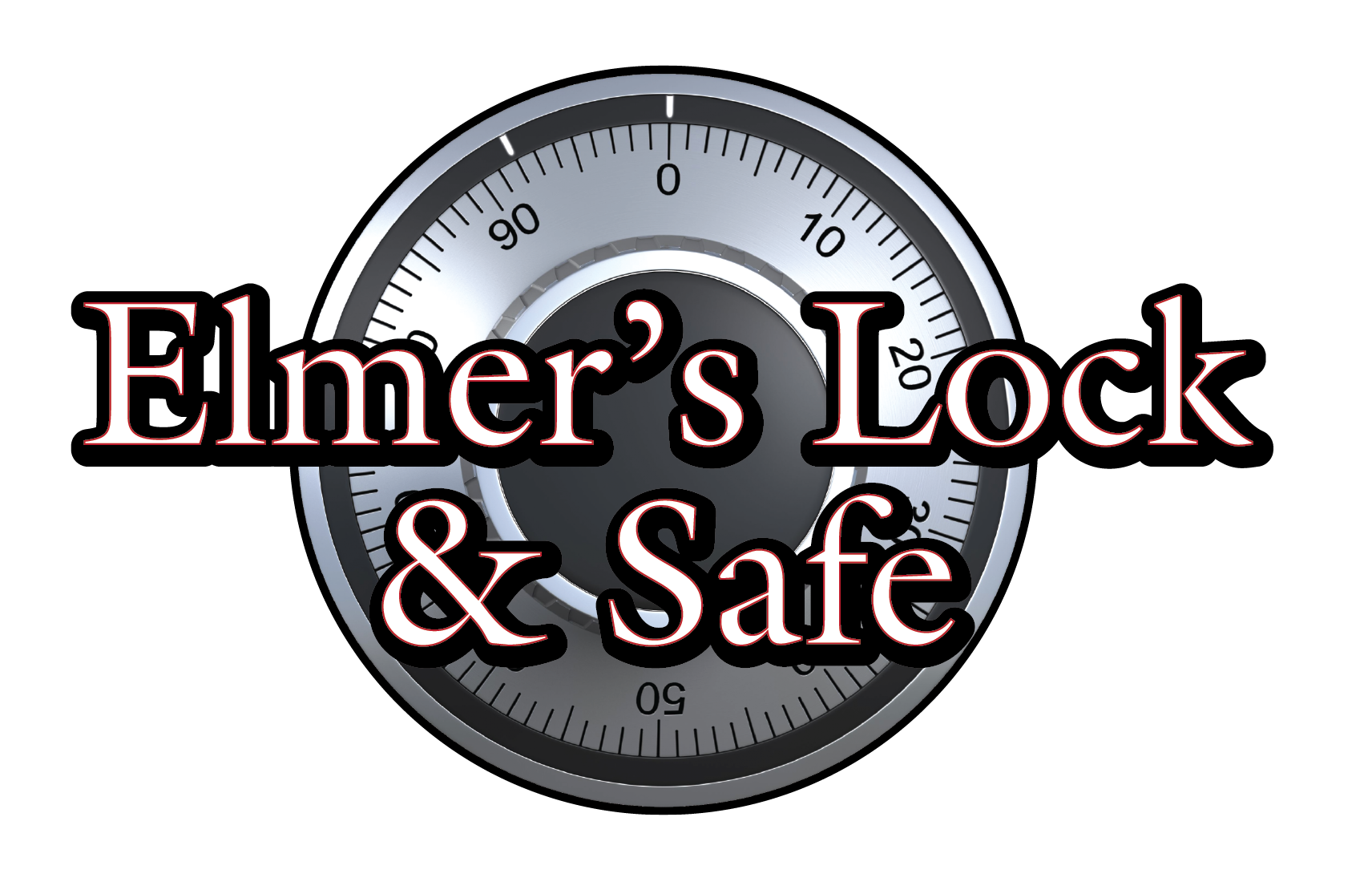Why Your Door Latch is Stuck
Finding yourself in a bit of a (door) jam? You’re not alone! Stuck doors happen all the time, and depending on what your unique issue is, there are a lot of possible reasons and solutions to free your jammed door.
Listed below are three of the most common issues we see when it comes to stuck doors, and our recommended approach to fixing the issue. Sometimes these fixes are simple and you can do them yourselves - but there are definitely situations that should be handled by professionals.
Remember: The mechanisms inside doors are very delicate and particular, and so unskilled repairs CAN potentially result in even more damage to the door itself. DIY at your own risk!
This is not a comprehensive list of all reasons why a door latch is stuck. If your situation doesn’t match up with any of the described issues below, your best bet is to call a local locksmith and get their input on what to do next.
If you’re in the Omaha metro area, please feel free to just give us a call at (402) 676-8973 or contact us by email here.
1. Misaligned Strike Plate
Issue Description: The door latch bolt gets stuck while the door is closed, but is easy to move back and forth when the door is open.
What Can Cause It: This might have something to do with moisture expanding the wood of your door, or an issue with the foundation of your home not being secure.
What is Happening: On a physical level, when you try to retract or extend the latch into the bored hole of the strike plate, the metal latch is not sliding into the bored hole perfectly. This creates a friction of the metal sliding against metal, and thus requires an excessive force to make the latch retract/extend while the door is in the closed position.
Solutions: If the problem is the door’s wood expansion, you can look into realigning your door and redoing the finish to keep future moisture out, or into replacing it. On the other hand, if the issue is your home’s foundation then you may want to look into house repair, which can be caused by a number of issues that a contractor can help you identify.
2. Jammed Latch
Issue Description: The latch bolt is completely stuck - or often gets stuck - when you turn the door handle, which can also sometimes be difficult to turn. Unlike a misaligned strike plate, there is no real variation between how the latch moves when the door is open and when it is shut.
What Can Cause It: A jammed latch has to do with a build-up of material within the components, like rust or dust. This material build-up is very common in older homes and is something that will affect all locks over time.
What is Happening: As a result of moisture, rust can accumulate inside the lock as well as on the latch bolt itself, which creates an impeding friction as the metal bits and springs inside of the lock attempt to move around.
Solutions: In these instances it is always best to disassemble the lock and do a bit of cleaning.
How to Clean A Jammed Lock
To separate the material build-up from the lock’s metal, submerge all the components in vinegar of about 5% acidity (this will be listed on the vinegar bottle label) for about a day.
After a day, you can wipe the locks down and polish them. Take a small brush and scrub the nooks and crannies of the lock to help remove the junk that the vinegar dissolved. Before applying any polish, take time to dry the lock components. After application, be sure to remove the excess polish, so that it does not cause the door latch to stick. The lock should look almost brand new after this process.
How you polish the lock will determine how quickly the lock will rust again. This is why it is a good idea to use something like car wax to seal all of the small imperfections in the metal that are susceptible to future rust.
3. Broken Internal Mechanism
Issue Description: Part of the lock - whether it be one or many things - is broken and so your door handle is not able to move the latch bolt, but the latch bolt itself is still moveable when you press on it directly.
What Can Cause It: There could be something wrong with the spindle, spindle hole, keyed cylinder, or something else that has broken inside the lock.
What is Happening: Something is impeding the chain of interacting parts inside the locks to break down, whether that be one issue or multiple issues causing the latch to be stuck. This results in the actuating the handle to not send any information to the latch. (ie. When you turn the handle, the system of parts can’t function to move the latch bolt in and out of the lock.)
Solutions: The easiest and often cheapest way to fix a broken lock is by having the locks changed. You can check with your local locksmith shop to find replacement parts, as the prices of certain replacement components can vary and also requires you to know what you need to replace. We recommend calling a professional locksmith to help you replace your broken lock.
This could also be the perfect opportunity to upgrade your security and/or quality of locks. This investment not only provides you with more security, but will also need less maintenance and not break down as often in the future.
If you’re in the Omaha metro area, we would love to help you with any of your residential or commercial lock & safe needs. Give us a call at (402) 676-8973 or contact us by email here.
